
Inside the booming global trade in passports, property and privilege
By
Across the globe, nations are opening their doors to a select few, offering ‘golden visas’ –a fast track to residency, and sometimes citizenship – in exchange for substantial financial commitments. These investment programmes unlock a wealth of opportunity for high-net-worth individuals, granting enhanced global mobility with visa-free access to numerous countries, potential for wealth growth through real estate and business ventures, and access to superior healthcare and education systems.
Yet, these pathways aren’t without scrutiny. Critics voice concerns about the potential for exacerbated social inequality, the risks of corruption and money laundering due to insufficient due diligence, and the socio-economic impacts, such as inflated housing prices that can disadvantage local populations. With no international body tracking the issue of golden visas, it’s hard to know how many people have obtained residency through investment, but it’s estimated to be hundreds of thousands globally. Here, we take a look at the world’s most expensive golden visas, including the recently proposed US ‘Gold Card’.
What are golden visas?
Golden visas are government-issued residency or citizenship programmes that grant individuals legal status in exchange for significant financial investment. These programmes are designed to attract foreign capital and business people by providing the right to reside, and in some cases, work and study, in the host country. Benefits often include visa-free travel, tax advantages, and access to high-quality healthcare and education systems. However, they have also been criticised for potentially facilitating money laundering, exacerbating housing crises, and creating socio-economic disparities.
The most expensive residency programmes on the planet
 Singapore – Global Investor Programme
Singapore – Global Investor Programme
- Investment Requirement: SGD 10 million (approximately USD 7.78 million)
- Residency Type: Permanent Residency
- Details: Singapore’s Global Investor Programme (GIP) offers permanent residency to individuals who invest in a new or existing business or a GIP-approved fund. Applicants must have a substantial business track record and a successful entrepreneurial background.
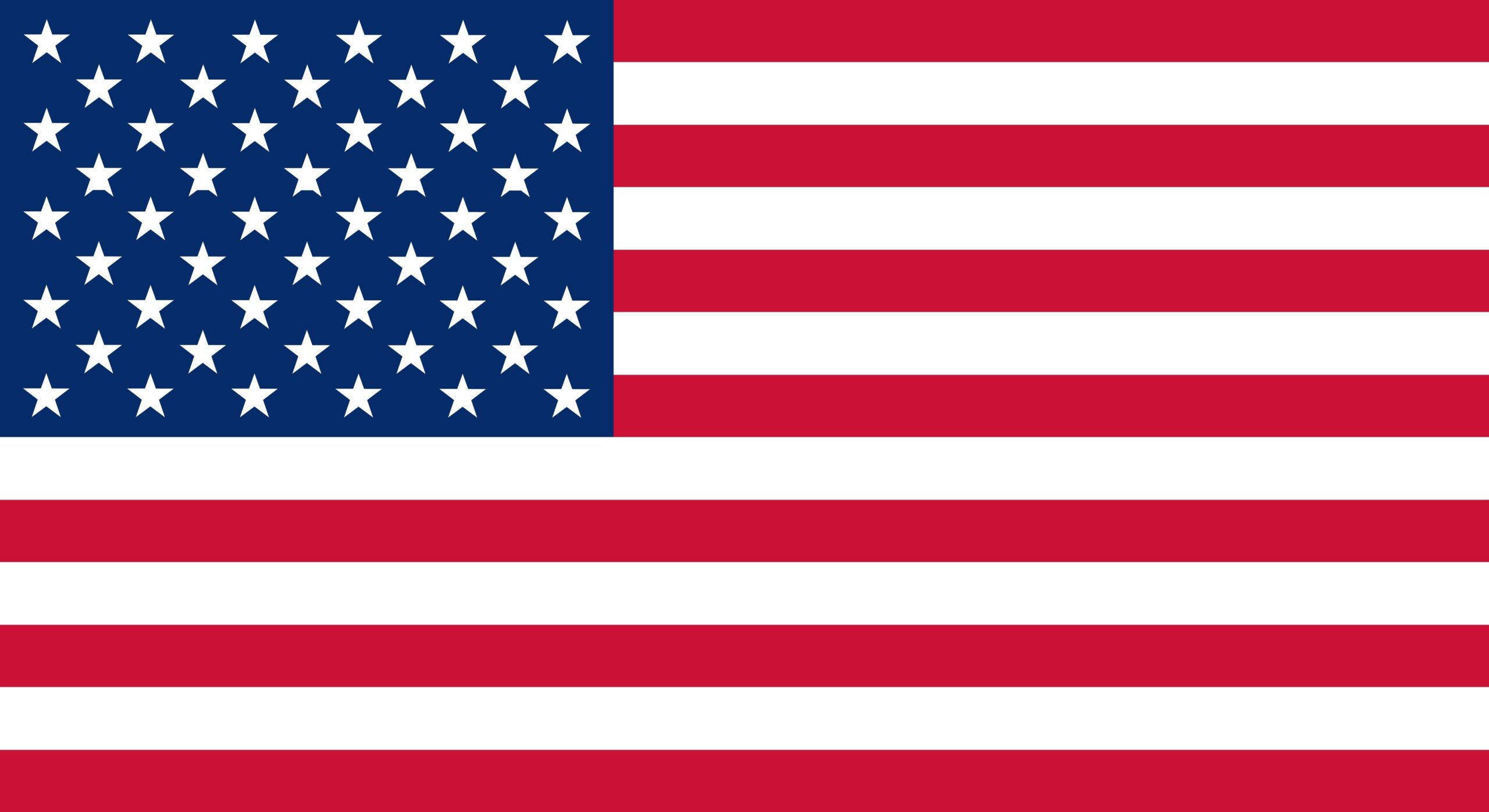 United States (Proposed) – Gold Card
United States (Proposed) – Gold Card
- Investment Requirement: USD 5 million
- Residency Type: Permanent Residency (path to citizenship)
- Details: The proposed ‘Gold Card’ visa aims to replace the EB-5 programme, offering permanent residency to ultra-wealthy individuals in exchange for a $5 million investment. However, the programme has faced scepticism due to delays in its launch and a lack of official documentation.
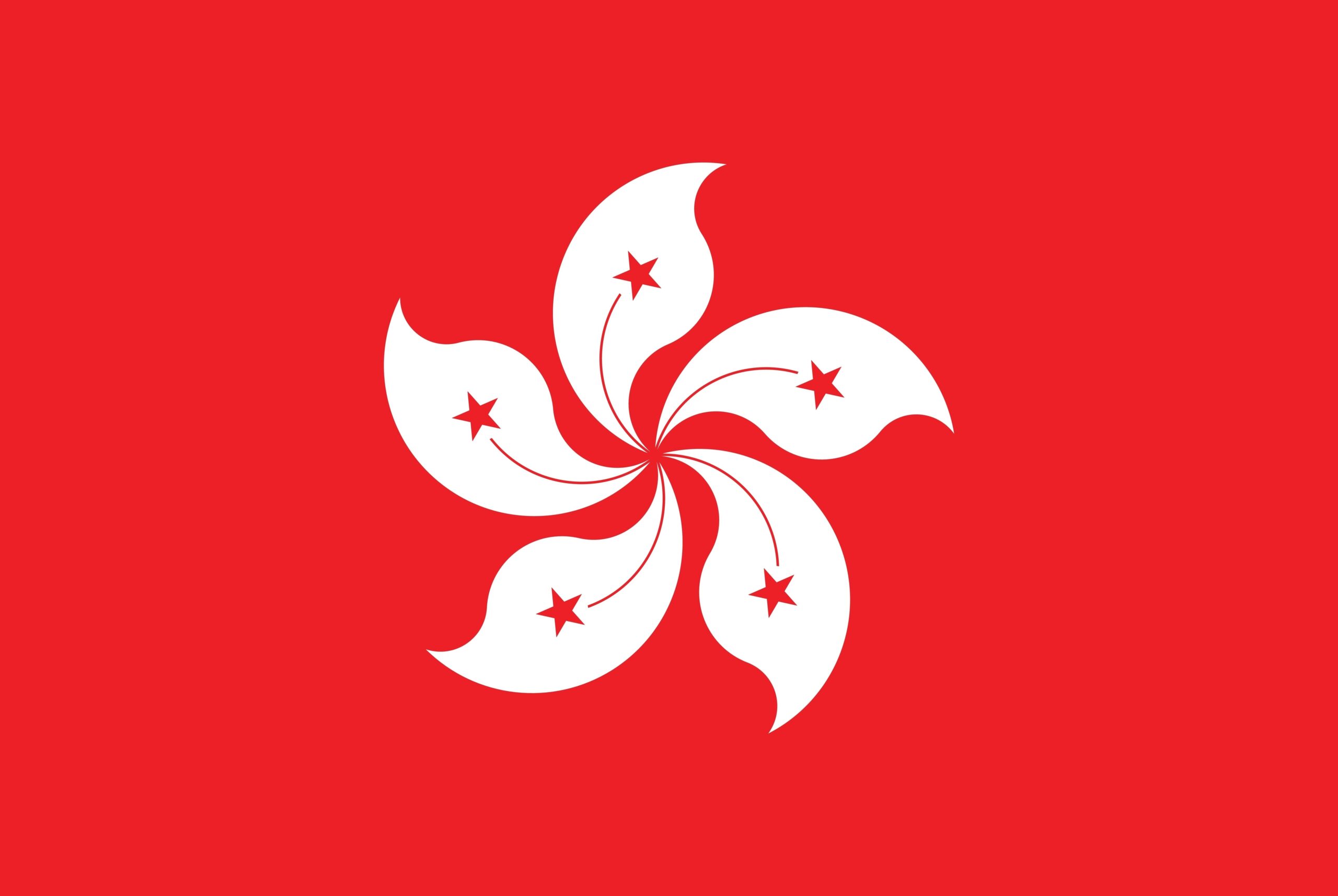 Hong Kong – Capital Investment Entrant Scheme
Hong Kong – Capital Investment Entrant Scheme
- Investment Requirement: HKD 30 million (approximately USD 3.84 million)
- Residency Type: Residency (path to permanent status)
- Details: Reintroduced in 2024, Hong Kong’s scheme requires a minimum investment in permissible assets, excluding real estate. Applicants must maintain the investment for a specified period to qualify for permanent residency.
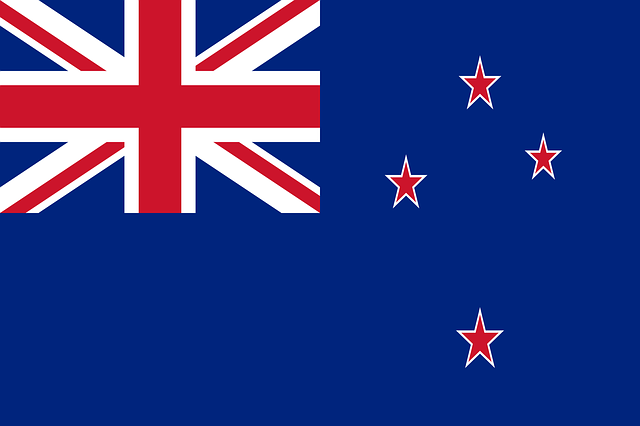 New Zealand – Active Investor Plus Visa
New Zealand – Active Investor Plus Visa
- Investment Requirement: NZD 15 million (approximately USD 8 million)
- Residency Type: Permanent Residency
- Details: Launched in 2025, this visa requires a minimum investment in acceptable assets, with varying requirements based on the investment category. The programme aims to attract high-value investors to stimulate economic growth.
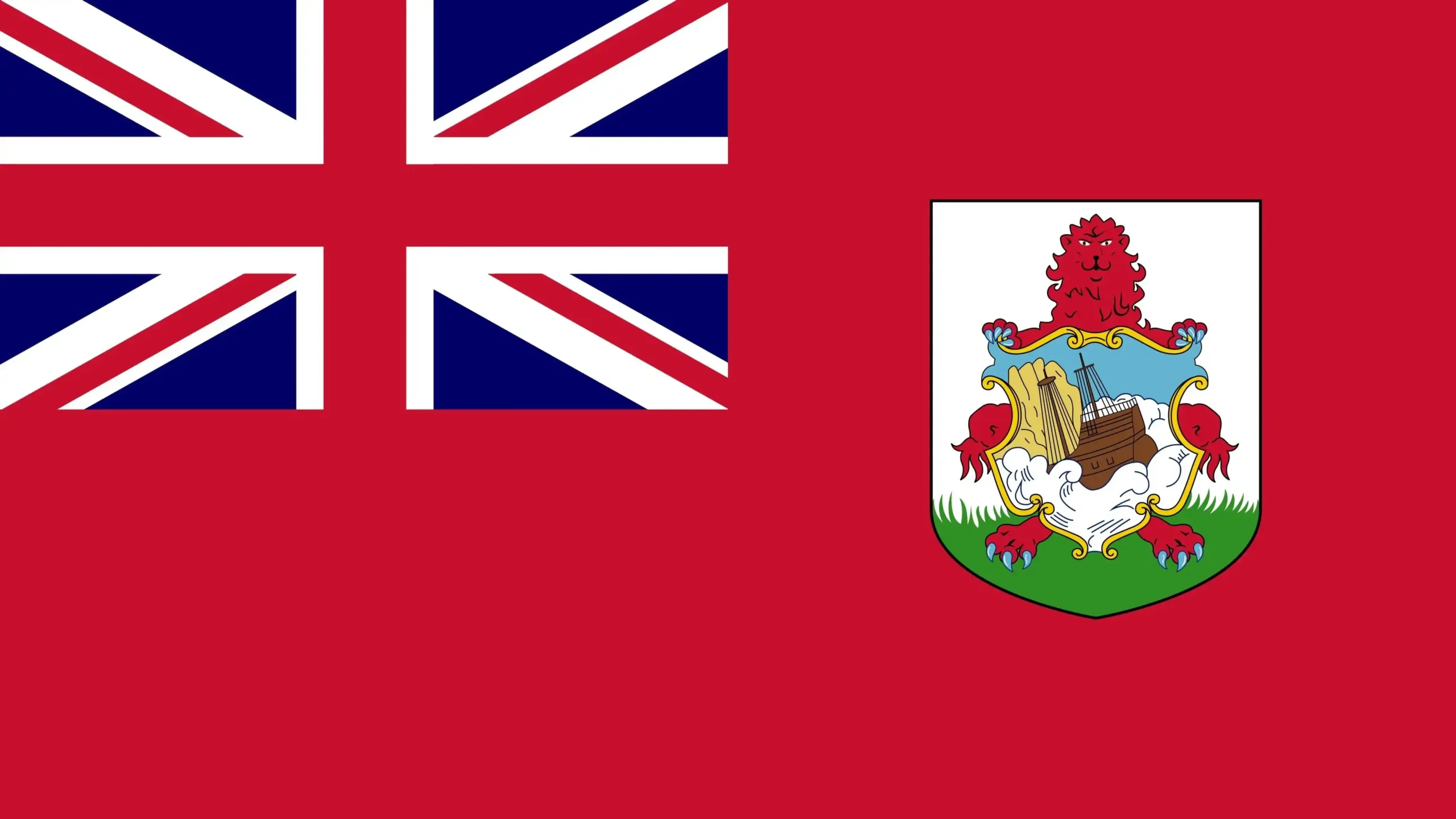 Bermuda – Economic Investment Certificate Programme
Bermuda – Economic Investment Certificate Programme
- Investment Requirement: USD 2.5 million
- Residency Type: Residency (path to permanent residency)
- Details: Bermuda’s programme grants a 5-year residency certificate to individuals investing in the local economy. After maintaining the investment and meeting residency requirements, applicants may apply for permanent residency.
 Samoa – Citizenship by Investment Programme
Samoa – Citizenship by Investment Programme
- Investment Requirement: USD 1.42 million
- Residency Type: Citizenship
- Details: Samoa offers citizenship to individuals who invest in designated sectors such as real estate or government funds. Applicants must have a minimum net worth and meet residency requirements.
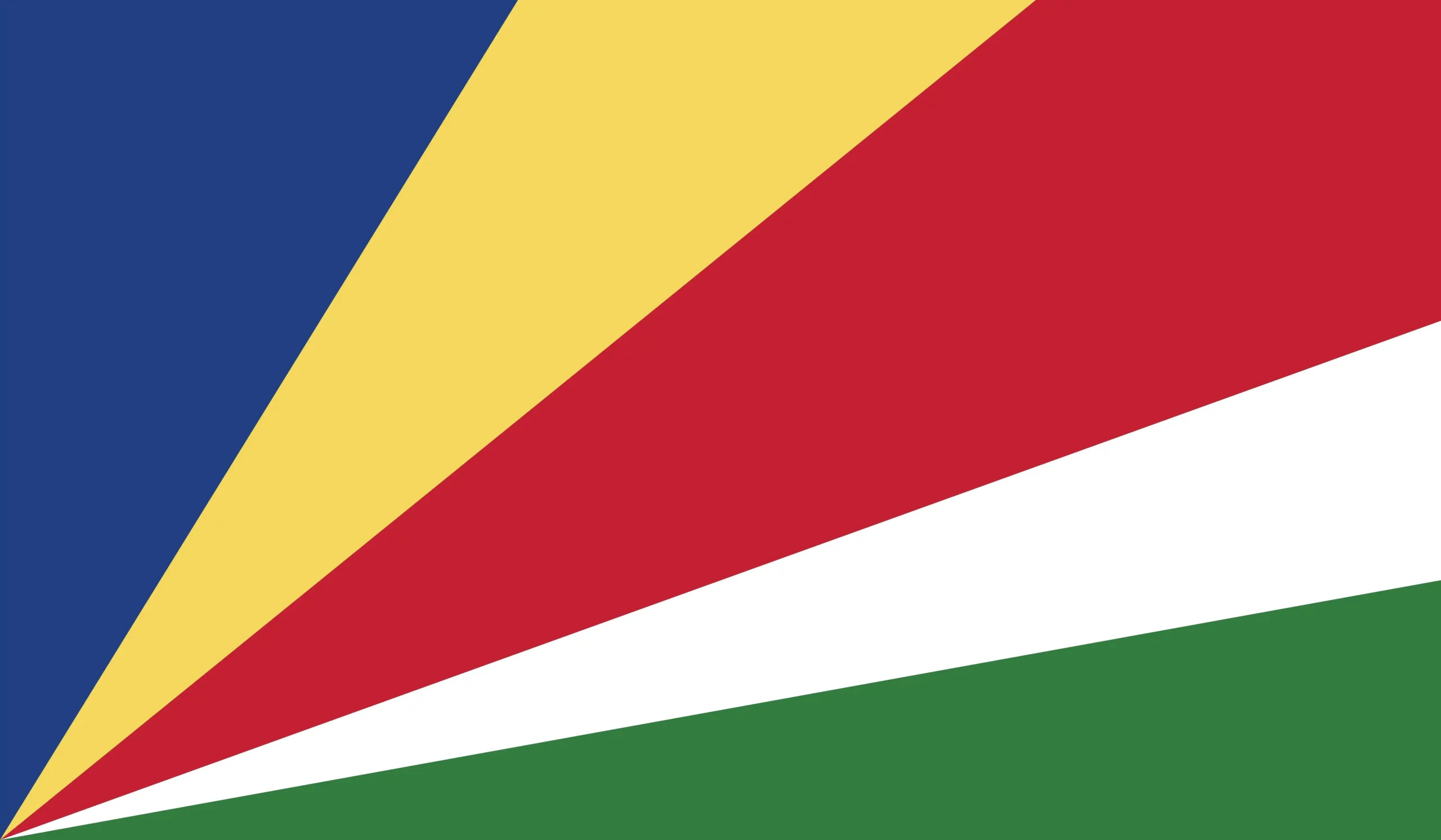 Seychelles – Investor Permanent Residence Programme
Seychelles – Investor Permanent Residence Programme
- Investment Requirement: USD 1 million
- Residency Type: Permanent Residency
- Details: Investors who contribute to the local economy and meet residency criteria can apply for permanent residency in Seychelles. The programme aims to attract foreign investment to boost economic development.
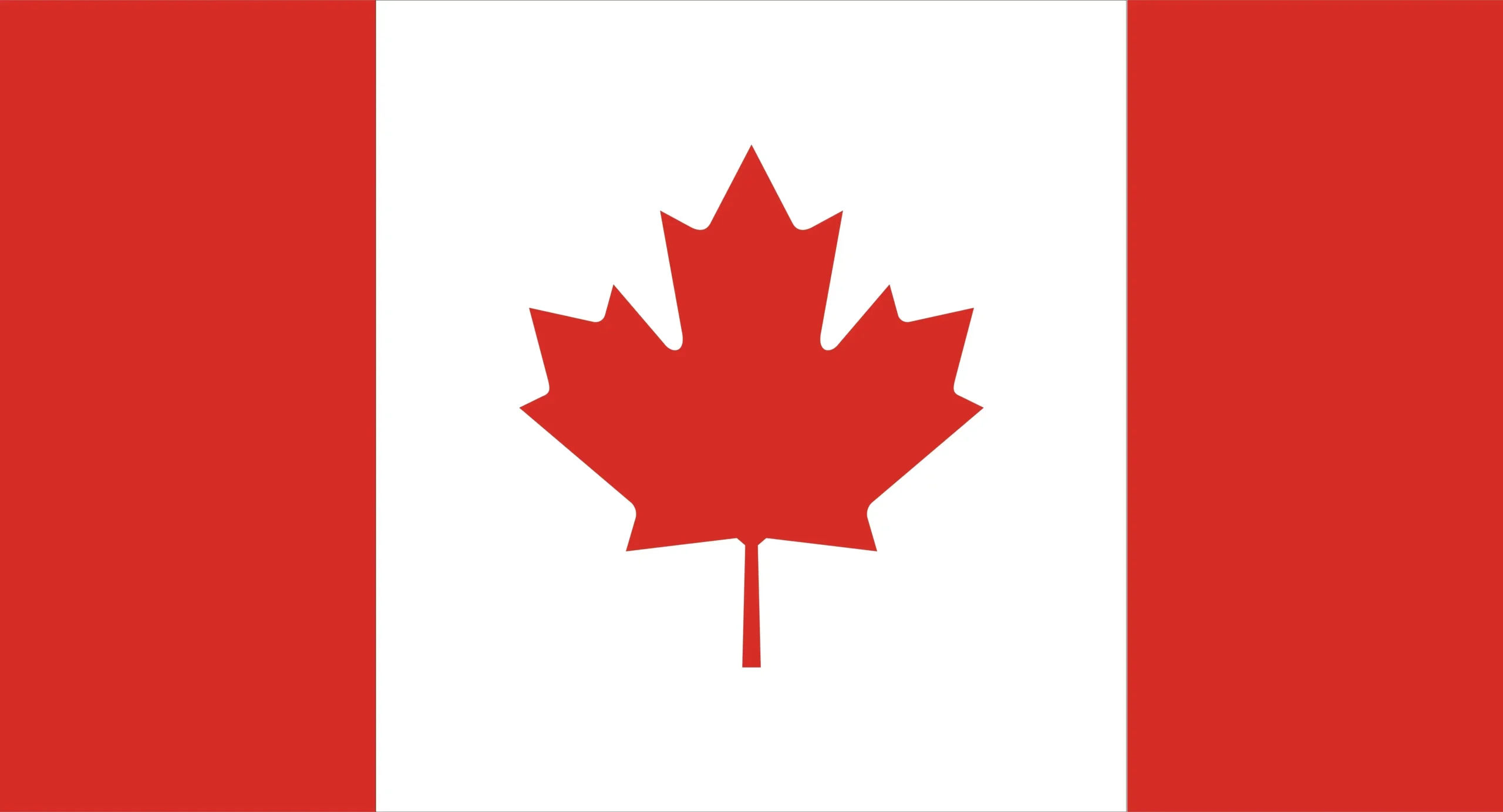 Canada (Quebec) – Quebec Immigrant Investor Programme
Canada (Quebec) – Quebec Immigrant Investor Programme
- Investment Requirement: CAD 1.2 million (approximately USD 0.87 million)
- Residency Type: Immigration
- Details: The QIIP allows investors to obtain permanent Canadian residence through an approved financial intermediary. The programme is currently the only passive investor immigration programme offered in Canada.
Local impacts – from booming markets to social tensions

Golden visa programmes have significantly impacted local economies and societies:
- Portugal: The influx of foreign investment, particularly in real estate, has led to increased housing demand and prices in cities like Lisbon and Porto, contributing to housing shortages for local residents.
- Greece: Similar trends are observed, with concerns about rising property prices and the availability of affordable housing for locals.
Risk and regulation: can golden visas be abused?
Several golden visa schemes have faced allegations of corruption and insufficient due diligence:
- United Kingdom: The UK’s Tier 1 (Investor) visa programme ended in 2022 after a government review revealed that a ‘small minority’ of individuals were at high risk of having obtained wealth through illicit financial activity or involvement in serious and organised crime.
- Other Countries: Programmes in countries including some Caribbean states, Vanuatu, the UAE, Malta, and Cyprus have raised concerns over money laundering, tax evasion, and other security risks.
Which nationalities are buying in – and why?
Golden visa programmes are especially appealing to high-net-worth individuals (HNWIs) from countries facing political instability, economic uncertainty or limitations on personal freedoms. Applicants are typically looking to secure a ‘Plan B’ — an insurance policy against future risk — or to improve their family’s access to education, healthcare and international mobility.
Chinese nationals have consistently been among the top applicants for golden visas worldwide. In countries like Portugal, Greece and Australia, Chinese investors often account for more than half of all applications. Motivations include securing more stable property investments, obtaining better schooling opportunities for children, and escaping increasingly restrictive capital controls.
Russian citizens have also historically been prominent participants in golden visa schemes, although this has shifted dramatically since the 2022 invasion of Ukraine. Many programmes — especially in the EU — have restricted or outright banned applications from Russian nationals due to geopolitical and sanctions-related concerns.
Turkish and Lebanese investors have turned to golden visas as a hedge against currency devaluation and political volatility at home. Greece and Spain have been particularly popular destinations due to geographical proximity and relative affordability.
South African and Nigerian investors often seek security and access to stronger passports. Caribbean citizenship-by-investment schemes (such as those in St Kitts & Nevis or Antigua & Barbuda) are popular among African HNWIs, offering visa-free access to the EU, UK and parts of Asia.
In the Middle East, UAE residents, especially non-Emirati expats, pursue golden visas in Europe and North America for long-term settlement and greater legal security. In turn, Gulf states such as Saudi Arabia and the UAE have started offering their own investor residency options to attract foreign capital into domestic projects.
For many applicants, the decision is strategic and multi-generational: it’s less about relocation and more about flexibility — the ability to travel freely, invest abroad, or secure educational placements in top-tier institutions. With global mobility rankings more closely tied to passport strength than wealth alone, a golden visa becomes a gateway not only to a new country, but to a more globally connected future.
The future of golden visas: reform or expansion?
As scrutiny of golden visa programmes increases, countries are reassessing their policies to balance economic benefits with social impacts. Some nations are tightening regulations and due diligence processes, while others are expanding their programmes to attract more investors. The future of golden visas will likely involve a combination of reforms to address concerns and adaptations to remain competitive in attracting global capital.
Most popular: Greece’s golden visa
Greece offers one of the most accessible and attractive golden visa programmes in the world, with investment thresholds starting at approximately €250,000 — significantly lower than many other countries offering residency by investment. This relatively low entry point has helped make Greece a magnet for investors seeking European residency, particularly those interested in property markets in Athens, Thessaloniki, and the popular islands.
One of the programme’s standout features is its flexibility: unlike many other schemes, Greece imposes no minimum stay requirements. Investors are not obliged to live in the country to obtain or renew their residency permit, allowing them to maintain legal residence status while continuing to live elsewhere. This convenience has proved especially appealing to non-EU citizens from China, Turkey, Lebanon, and Russia, who make up a large share of applicants.
Since its launch in 2013, the scheme has issued more than 16,000 golden visas, injecting substantial foreign capital into Greece’s real estate market. However, the rising demand has also sparked concerns about housing affordability in urban centres and popular tourist areas, prompting recent debates around tightening eligibility and increasing the minimum investment threshold in certain high-demand zones.




